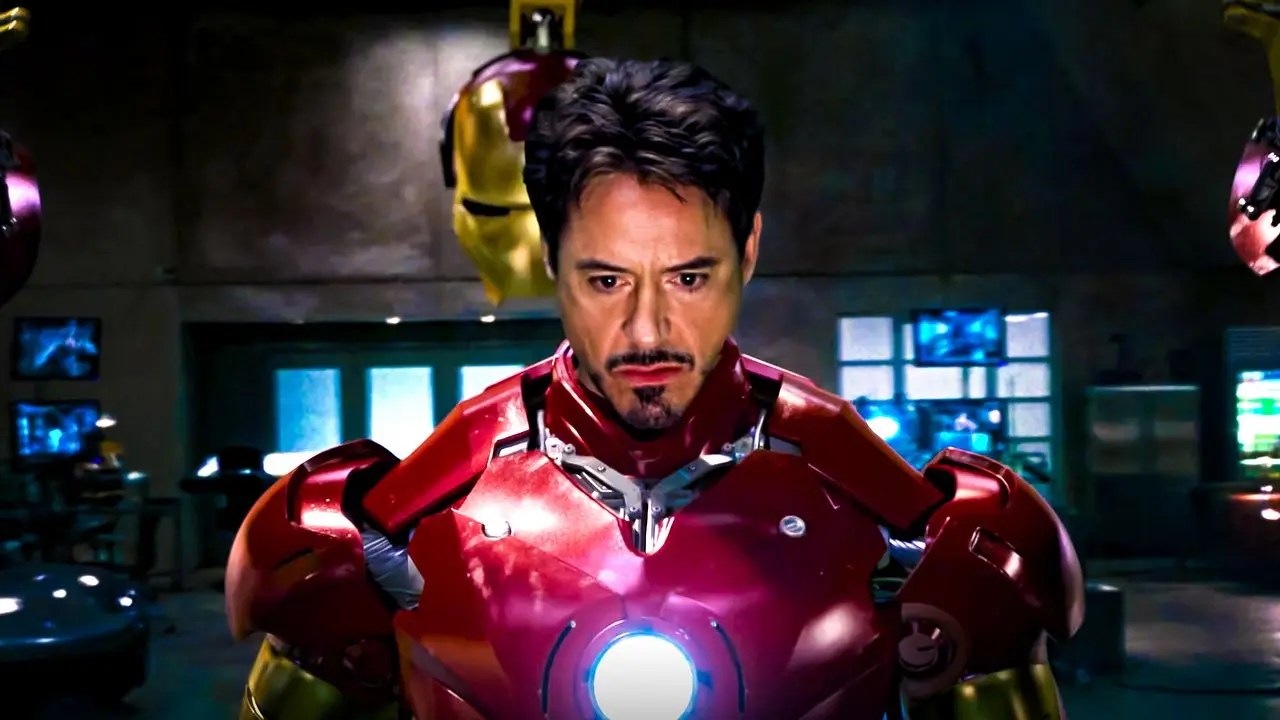Follow us on Google News
Get the latest updates directly in your Google News feed
Robert Downey Jr., the man who brought the iconic Tony Stark to life in the Marvel Cinematic Universe, has a story that’s as captivating as the superhero he portrays. His journey, riddled with struggles and personal demons, is a testament to the power of resilience and the ability to transform adversity into art.

Downey’s career was once marred by personal struggles and a turbulent past that nearly derailed his professional life. However, this messy history turned out to be the very catalyst that propelled him to the pinnacle of success as Iron Man.
Also Read:At Least 3 Insultingly Embarrassing Scenes From Robert Downey Jr.’s Iron Man Were Shelved By Kevin Feige: “People will know we don’t know what we’re doing”

Robert Downey Jr.: From Troubled Star to Hollywood Icon
Robert Downey Jr.’s journey to becoming one of the most beloved and bankable actors in Hollywood is nothing short of remarkable.
In the late ’90s and early 2000s, Downey Jr. found himself in the throes of addiction and legal troubles. His personal demons led to numerous arrests and stints in rehabilitation facilities. As a result, he became uninsurable in Hollywood, and his career hit rock bottom.

In 2008, as Marvel Studios prepared to launch the MCU withIron Man, the casting of Robert Downey Jr. as Tony Stark raised eyebrows. Many doubted whether a once-troubled actor could carry the weight of a blockbuster superhero franchise.
However, director Jon Favreau believed in the actor’s talent and saw a parallel between Stark’s personal journey and Downey’s own quest for redemption.

Recently speaking withVanity Fair, the actor was asked about how much he resembles the superhero he played, that changed his life. Downey Jr. replied:
“I ain’t him, I’ll tell you that flat out”

He continued:
“There’s always a bit of a burn-off period when they run out of call sheets for me in any of these movies, and I go back to being a little bit more of just…I’m just a fu*king actor. I’m just a guy—who does have a very interesting past, who does not regret it, who wished to shut the door on it. I think that that translates.”
Robert Downey Jr.’s success as Tony Stark not only revitalized his career but also left an indelible mark on the MCU and the superhero genre as a whole.
Also Read:“We were both really hungry”: Robert Downey Jr.’s Addiction Wasn’t the Only Obstacle That Jon Favreau Was Concerned About Before Iron Man
The Success ofIron ManLaid the Foundation For the MCU
In 2008, a cocky billionaire, playboy, and philanthropist named Tony Stark donned a high-tech suit of armor and soared onto the big screen, forever changing the superhero landscape. AndRobert Downey Jr.portrayed this role flawlessly.
Downey Jr.’s portrayal of the arrogant yet charming billionaire playboy inIron Mannot only catapulted the character to unprecedented heights but also laid the foundation for the MCU’s meteoric rise.
Downey Jr.’s Iron Man was more than just a superhero; he was a symbol of hope, redemption, and proving that even the most flawed individuals can rise to the occasion. He taught us that it’s okay to be broken and that it’s our flaws that make us human.
Iron Manwasn’t just a movie; it was a cultural phenomenon. It launched the Marvel Cinematic Universe, a sprawling interconnected saga that has dominated the box office for over a decade. And it all started with Downey Jr.’s electrifying performance as Stark.
Also Read:Even Captain America Turned His Back on Iron Man in Marvel Comics After He Was Branded a Criminal
Prantik Prabal Roy
Articles Published :778
Prantik Prabal Roy is a content writer at FandomWire. With over three years of experience in content writing for various media houses, he takes great interest in telling stories about Hollywood celebrities and the world revolving around them. He has done his Master’s in English literature and diploma course in journalism. Being a literature student, he has the ability to delve into the matter and analyse it thoroughly to give the readers a clear view on the specific topics.